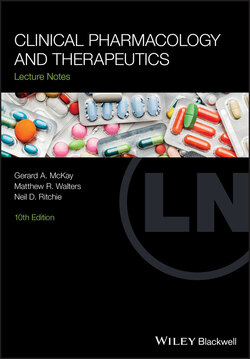Читать книгу Clinical Pharmacology and Therapeutics - Группа авторов - Страница 76
Practical aspects of prescribing in children
ОглавлениеMedicine has no benefit if the child refuses to take prescribed substances due to unpleasant taste, bulky formulation or lack of understanding of the necessity to take the prescription. Many children's medicines contain excipients, aiming to make them more palatable. However, less used medicines may not. Discussion with parents regarding reward style encouragement or offering advice as to food/drinks which the medicine can be mixed with to improve the taste may help.
Physical and developmental stages should also be considered. For example, the management of common childhood complaints like asthma can be complicated by the need to acquire an effective inhaler technique, which younger children find difficult.
For children, social aspects of taking medicine are also important. Being ‘different’ from classmates or friends may impact on adherence to medication, particularly prevalent in children with diabetes requiring insulin. Taking time to explore the child's concerns may prevent potentially life‐threatening complications.
